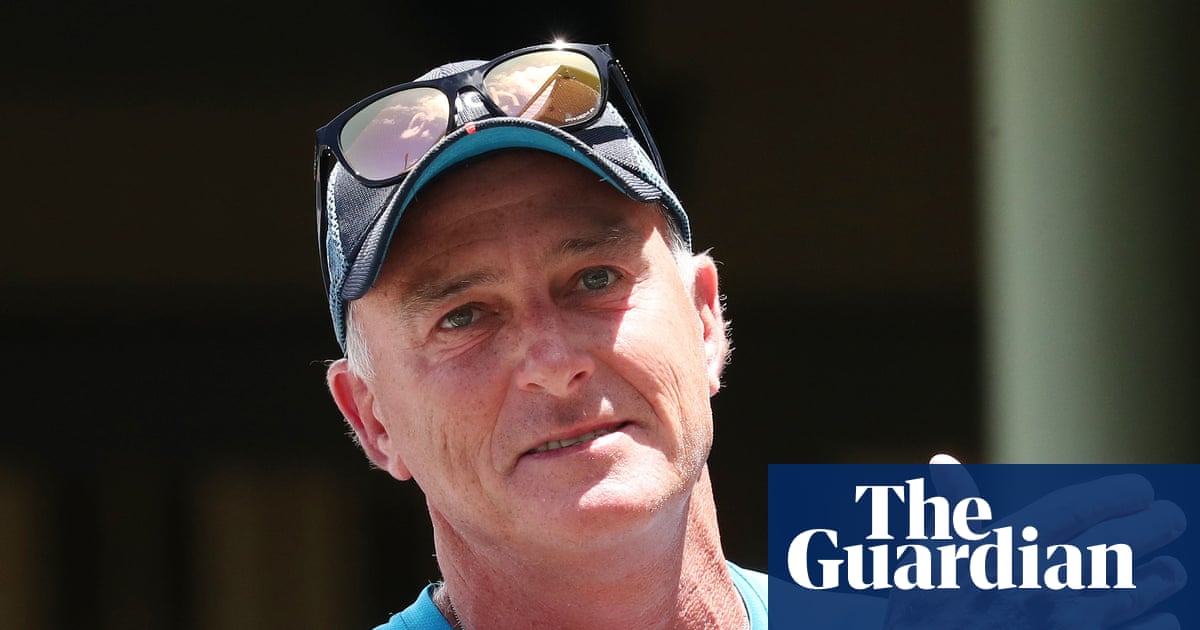Graham Thorpe’s widow believes he would still be alive if there had been more support from the England and Wales Cricket Board after he left his coaching role with the governing body.
Thorpe – one of the most respected batters of his generation and England’s assistant coach as recently as 2021 – killed himself last August following a long battle with anxiety and depression.
In July 2025, an inquest at Surrey coroner’s court in Woking heard Thorpe had “spiralled into depression” after losing his job as a batting coach in 2022, and he had tried to kill himself on another occasion. Coroner Jonathan Stevens said there were “failings” in the provision of care to Thorpe by health professionals in the months before he died, and recorded a conclusion of suicide.
Quick GuideHow do I sign up for sport breaking news alerts?Show
Download the Guardian app from the iOS App Store on iPhone or the Google Play store on Android by searching for ‘The Guardian’.
If you already have the Guardian app, make sure you’re on the most recent version.
In the Guardian app, tap the Profile settings button at the top right, then select Notifications.
Turn on sport notifications.
Thank you for your feedback.
Thorpe had been having therapy for his mental health for 18 months before he left the ECB. Stevens noted the organisation had “funded treatment, hospital stays and extended his health treatment insurance” after his departure in February 2022 in the wake of England’s last Ashes tour in Australia, which they lost 4-0.
His widow Amanda, however, believes more could have been done to help him feel better connected during that period of transition. She told TalkSport that if the “entire rug of his cricketing career had not been pulled from under him so completely … it is really clear to me that he would still be alive, so it would have made all the difference”.
She added: “It is hindsight – and no one has got a crystal ball – but it was just too much – the cliff, the whole mental breakdown of ‘I am no longer in that family’. If he had had just a little bit of the support framework there to lean on a bit to just transition a bit more, it would have made all the difference.”
Amanda Thorpe also felt the remote support offered was “woeful” and did not go far enough. “As he went through these sessions, it was clear that he wasn’t coping. He was getting worse,” she added. “We really did ask for help. I knew he needed more help than that and it wasn’t forthcoming.”
An ECB spokesperson said: “Graham was not only one of England’s greatest cricketers, but also a deeply admired and much loved person. His loss has been felt deeply across the cricketing community and far beyond and our thoughts and heartfelt sympathies remain with his wife Amanda, his children and all those who loved him.
“Graham’s passing is a heart-breaking reminder of the challenges many face with mental health. His death was examined by a coroner; the inquest was held earlier this year with full support from the ECB. We have met with Amanda to discuss her concerns and have been in regular contact with her and the wider family.”

